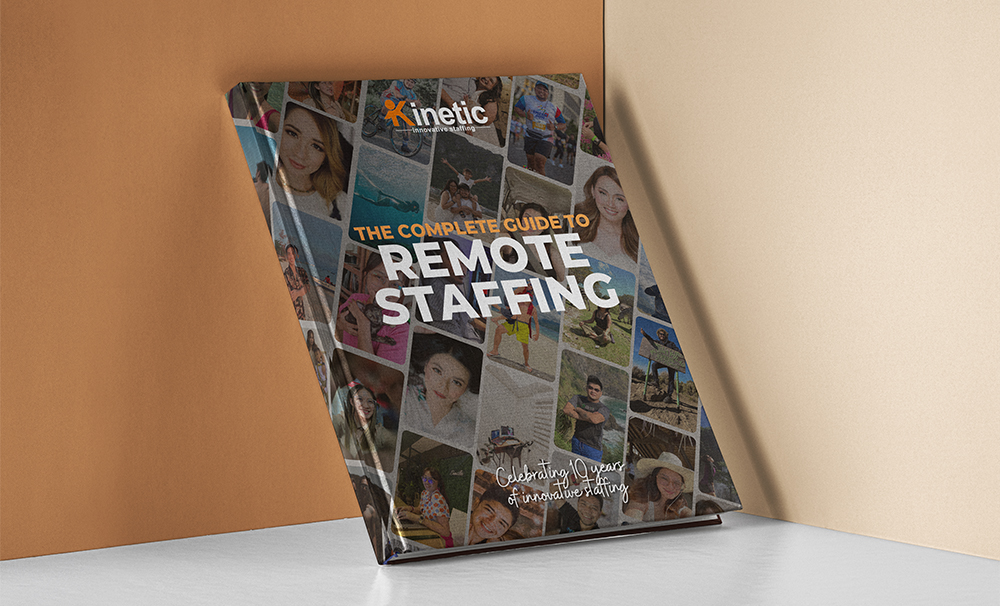We live in an era of absolute digital disruption, which has literally changed the way we work, think and live. The Internet of Things (IoT) has enabled the virtual and remote control of age-old processes and completely reformed the nature of human interactions in the workplace.
The concept of internet powered things itself is far from new; with the first internet-connected toaster being unveiled at a conference in 1989. However, what is new is the world’s reliance on and acceptance of it. Consider how the evolution of the smart phone has changed how we do business; and how the ability to work remotely has completely dismantled the concept of the traditional office-based 9 to 5 workplace.
The world’s reliance on technology has affected every industry, and outsourcing in the construction industry is no exception. Construction companies are now able to reveal a completed virtual building to a client before a single brick is laid.

McCarthy Construction has revolutionised its construction process through Virtual Reality (VR) by using the Oculus Rift Headset (owned by Facebook), by ‘flying a drone around, laser scanning an area, uploading that model into a VR headset and walking through the model using a virtual immersion tool. This enables alterations to a building’s design virtually before construction has begun at no cost; such a change of heart would have cost hundreds of thousands of dollars if renovations are performed after actual construction.
The notion of remote and virtual technology has now become mainstream in Australia, and global outsourcing trends show that this has led to a universal acceptance of remote business operations, which has in turn into an increased part-time and/or offshored labour market.
Technology is predicted to continue to change the nature of the workforce whether we like it or not, with a reported 40% of Australian jobs facing becoming obsolete by 2025. And the truth of the matter is that remotely enabled workforces are much more cost effective in countries with lower labour costs such as the Philippines.

Computer aided design and drafting using tools like AutoCAD, Revit and Solidworks is just one example of a function that is increasingly being outsourced to the Philippines, representing significant savings for Australian businesses, with absolutely no sacrifice in quality.
The commonly expressed criticism when it comes to offshoring is that it is killing off Australian jobs. The reality, however is quite different;
It’s tempting to think that this (offshoring) is “un-Australian” and that only big companies would do that, but the reality is different. Businesses of all sizes are shifting work offshore for a variety of reasons, including that it can make their businesses stronger and more efficient.
– Engel Schmidl – Smart Company Journalist
The reality is that a re-alignment of roles often enables the increased employment of Australians in the long run; as when a company offshores functions to markets with cheaper labour costs, that company becomes more cost efficient. This allows them to re-allocate budget to other revenue generating areas like sales and marketing, which ultimately expands production, and in turn leads to increased employment.
A combination of technological advancement and a cultural acceptance of the concept of remote staffing has also led to a broader scope in the range of functions being outsourced to the Philippines.
Outsourcing of Drafting, Designing and Estimating services is commonplace in Australia’s construction sector, but now in part due to the highly sophisticated tools offered to employers to manage remote staff, like Time Doctor and Zoom, the range of functions that are being outsourced, particularly in the AutoCad area is growing significantly everyday.
As an example, Kinetic Innovative Staffing in fact placed a Commercial Irrigation specialist in the Philippines who is tasked with the design and estimation for irrigation of Australian golf courses. We have also placed draftsmen and estimators, among other roles.

Regardless of where you stand on the issue of offshoring, there has never been a better time for Australian companies to review their operations to see if technology, automation and/or offshoring to countries like the Philippines could increase efficiency and productivity.




